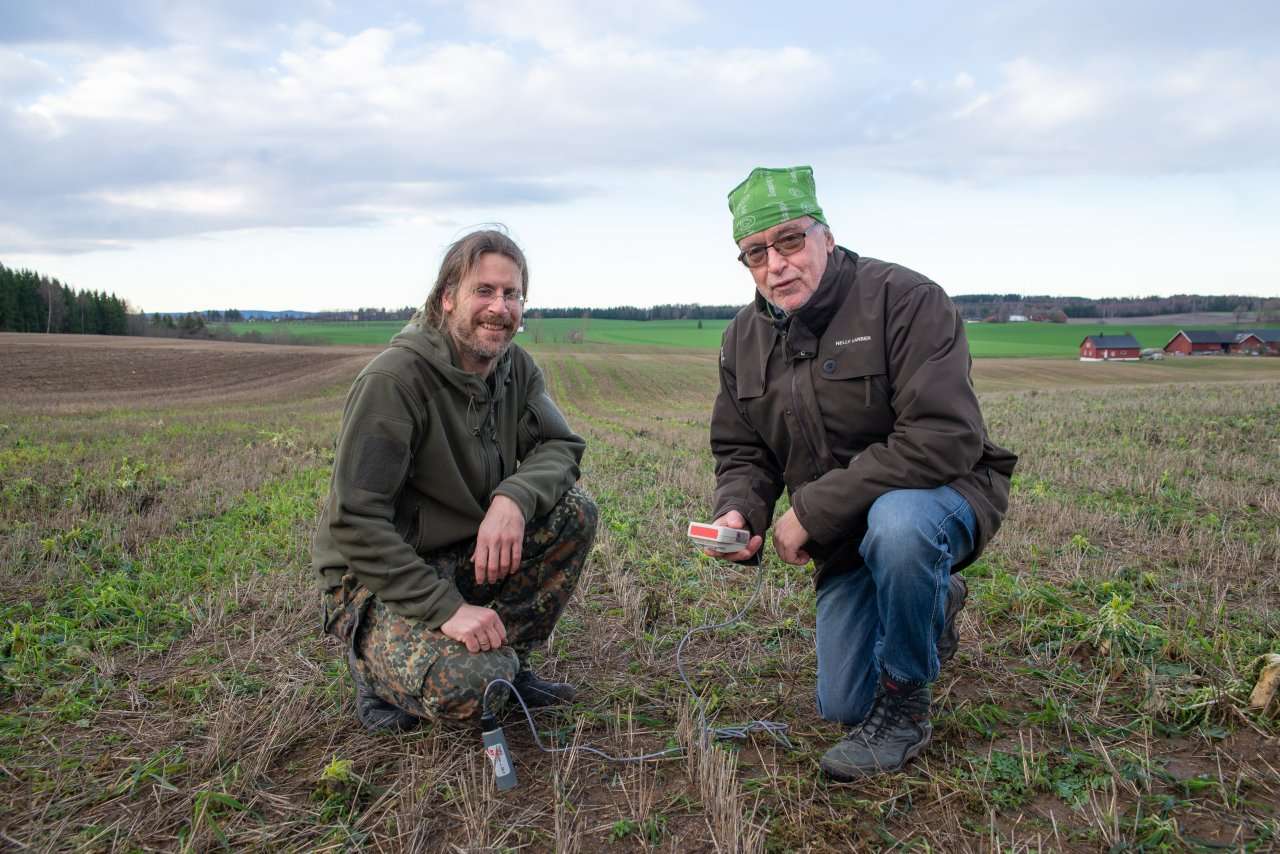Division of Environment and Natural Resources
IRIDA: Innovative remote and ground sensors, data and tools into a decision support system for agriculture water management

End: sep 2022
Start: may 2016
Efficient agriculture water use is of crucial importance for water resources management. Evapotranspiration is an important part of the water cycle, as it is the sum of evaporation and plant transpiration from the Earth's land and ocean surface to the atmosphere. Consequently, accurately determining evapotranspiration (ET) is the first step for improving irrigation efficiency and productivity and for quantifying the ecosystem water balance.
| Status | Concluded |
| Start - end date | 01.05.2016 - 01.09.2022 |
| Project manager | Johannes Deelstra |
| Division | Division of Environment and Natural Resources |
| Department | Hydrology and Water Environment |
The IRIDA´s approach is to combine on the ground ET and soil moisture measurements, with remote sensing ET determinations obtained with unmanned aerial vehicle (UAV/RPAS/UAS) (at plot scale) and manned vehicles and satellites (at catchment scale). IRIDA will integrate the methodologies and routines into a decision support system that will serve to manage the large amount of inputs by means of big data analysis tools. The IRIDA platform to be created will provide simple irrigation recommendation supporting end-users and irrigators when deciding the exact location for installing on-ground soil and plant water status sensors. On the other hand, at the water basin level, under conditions of varying land use as in northern Northern Europe, the evaluation of satellite remote sensing will allow increasing the accuracy of the ecosystem water balance determination, improving flood predictions and the water footprint assessment. At the end of the project execution, End Users’ interfaces and applications such as cloud web server and smartphone applications to exploit solution intelligence will be designed. By using the IRIDA protocols, the water savings to be achieved are expected to be around 7 to 15% and the estimated direct farm savings costs could be up to 420 €/ha. These first estimations based on theoretical assumptions, will be validated in several field demo-areas in Spain, Italy, Romania and Norway across different environmental and cropping conditions.
